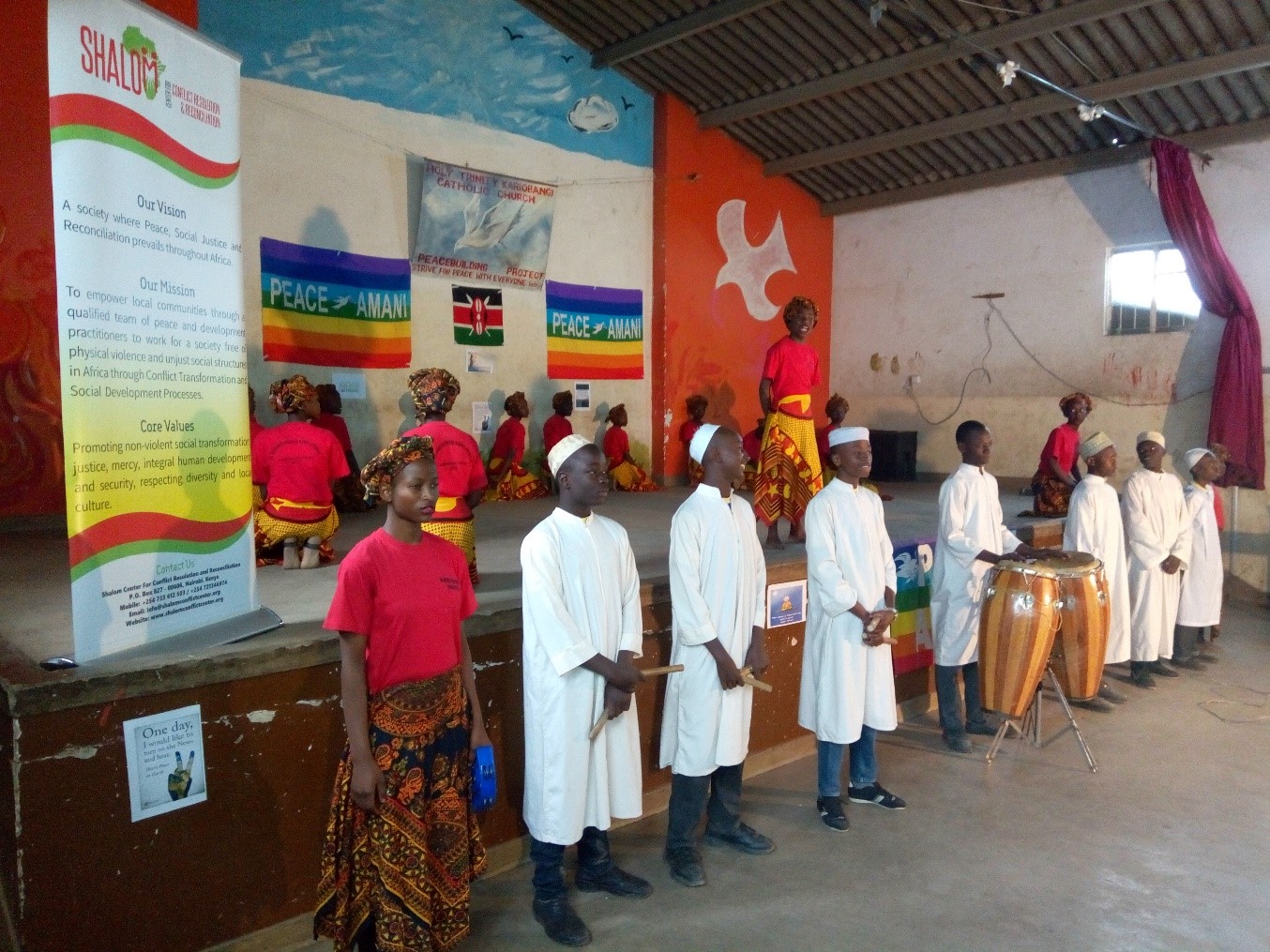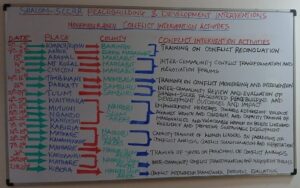When the Government of Ireland undertook a review of its overseas aid programme in 2018 and invited interested parties to contribute their views, Rev. Dr Patrick Devine, International Chairman of Shalom-SCCRR, made a detailed submission, based on the organization’s expertise, experience and acclaimed profile in conflict transformation and peace-building.
The submission was aligned carefully with the UN Sustainable Peace Initiative which places preventive action and post-conflict peace-building on par with peace-making and peace-keeping. The report by the Secretary-General to the High Level Meeting on Sustaining Peace in April 2018 laid the groundwork for an important policy-breakthrough, empowering civilians with new tools, better management practices, and hopefully new financial resources to contribute to a more integrated and coherent framework for global conflict management that delivers positive peace.
Important features of the initiative are:
- It elevates the role of civil society and regional organisations in sustaining peace.
- It stresses that the UN development system and development practitioners in general are central to conflict prevention and sustaining peace.
- It buttresses the case for “more predictable and sustained financing” for civilian-led peace-building through a proposed Funding Compact with Member States, against the backdrop of declining development assistance to conflict-affected countries as a share of global aid (from 40% in 2005 to 28% in 2015).
Pathways for Peace: Inclusive Approaches to Preventing Violent Conflict is a joint study by the UN and the World Bank. The study originates from the conviction on the part of both institutions that the attention of the international community needs to be urgently refocused on prevention of conflict.
The human and economic cost of conflicts around the world requires all concerned to work more collaboratively. The SDGs should be at the core of this approach. Development actors need to provide more support to national and regional prevention agendas through targeted, flexible, and sustained engagement. Prevention agendas, in turn, should be integrated into development policies and efforts, because prevention is cost-effective, saves lives, and safeguards development gains.
Inclusive decision making is fundamental to sustaining peace at all levels, as are long-term policies to address economic, social, and political aspirations. Fostering the participation of young people as well as of the organizations, movements, and networks that represent them is crucial. Women’s meaningful participation in all aspects of peace and security is critical to effectiveness, including in peace processes, where it has been shown to have a direct impact on the sustainability of agreements reached.
The SDGs in the Context of Peace
SDG No. 16 aims to promote peaceful and inclusive societies for sustainable development, provide justice for all, and build effective, accountable and inclusive institutions at all levels. It asks “how can a country develop—how can people eat and teach and learn and work and raise families—without peace? And how can a country have peace without justice, without human rights, without government based on the rule of law?
That goal is specifically focused on positive peace in societies where sustainable development can take place and be effective. All of the SDGs are predicated on a minimum of negative peace and the potential for the realization of positive peace (concept of negative vs positive peace explained later in this submission). They recognise that sustainable development without sustainable peace is not possible.
Ireland’s Overseas Aid Policy
Shalom-SCCRR advanced the view that Ireland’s overseas aid programme should be well informed by evidential research on the geopolitical context of its appropriation at the grassroots, national, regional and global dimensions, and that its aid policy should prioritise conflict transformation and peace-building that involves the participation of civil society organisations with the appropriate competence and capacity, and that this should be reflected in a meaningful manner it its new strategy.
You can read the full submission here.


